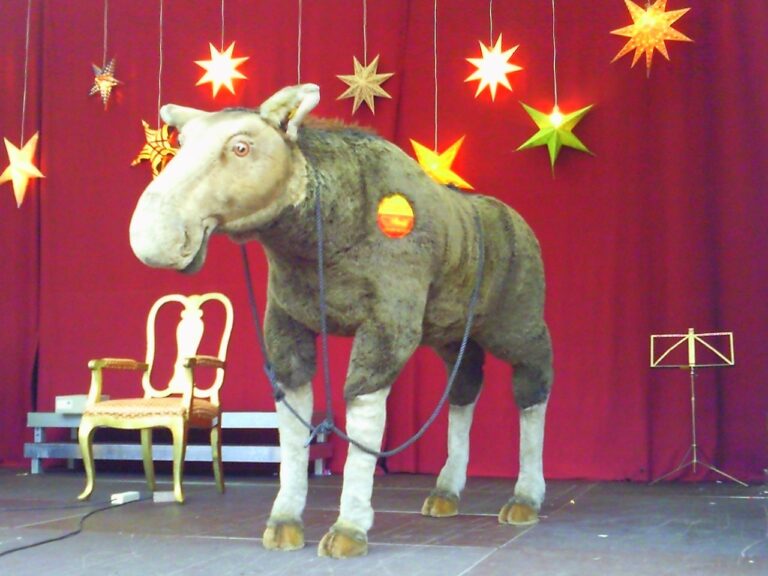The Influence of Cultural Appropriation in Entertainment: Addressing Controversies
Cultural appropriation refers to the adoption of elements from a marginalized culture by members of a dominant culture, typically for aesthetic purposes or personal gain. This can involve the unauthorized use of symbols, practices, fashion, music, or art without giving proper credit or understanding to the cultural significance behind them. It often perpetuates harmful stereotypes, reduces complex traditions to mere trends, and disrespects the authenticity of the original culture.
It is important to recognize that cultural appropriation is a form of exploitation that can have a detrimental impact on marginalized communities. When aspects of a culture are cherry-picked and commodified without acknowledgment of their origins, it reinforces power imbalances and erases the voices of the people from whom these cultural elements belong. This not only perpetuates inequality but also undermines the rich history and significance of these cultural traditions.
• Cultural appropriation involves the adoption of elements from a marginalized culture by members of a dominant culture
• It often occurs without giving proper credit or understanding to the cultural significance behind these elements
• This practice can perpetuate harmful stereotypes and disrespect the authenticity of the original culture
• Cherry-picking and commodifying aspects of a culture without acknowledgment reinforces power imbalances
• Erasing the voices of marginalized communities through cultural appropriation undermines their rich history and traditions
Examples of Cultural Appropriation in Entertainment
Cultural appropriation in entertainment has been a prevalent issue that continues to spark debate and controversy. One striking example is the use of traditional Native American headdresses as fashion accessories in music festivals and performances. These headdresses hold deep cultural significance for Native American tribes and are not merely decorative items to be worn as a fashion statement. By appropriating and commercializing these sacred symbols, individuals and entertainment industries perpetuate harmful stereotypes and disrespect Indigenous cultures.
Another instance of cultural appropriation in entertainment is the appropriation of African American hairstyles, such as cornrows or dreadlocks, by non-Black artists and celebrities. These hairstyles have historical and cultural significance within the Black community, and wearing them without understanding their cultural context perpetuates harmful stereotypes and undermines the struggles faced by Black individuals. The commodification of these hairstyles for fashion trends without recognizing their roots in Black culture demonstrates a lack of respect and understanding of the cultural significance behind them.
Impact of Cultural Appropriation on Marginalized Communities
Cultural appropriation perpetuates harmful stereotypes and reinforces power dynamics that marginalize already vulnerable communities. When elements of a culture are commodified or used for aesthetic purposes without proper acknowledgment, it diminishes the significance of those cultural practices and erases the narratives of the people who originated them. This devaluation of marginalized cultures can lead to further marginalization and discrimination, as well as a sense of loss and erasure of identity among those whose traditions are being appropriated.
Moreover, the economic impact of cultural appropriation on marginalized communities cannot be overlooked. When privileged individuals or corporations exploit aspects of a culture for profit without benefiting or acknowledging the source community, it exacerbates existing disparities in wealth and resources. This economic exploitation further entrenches the cycle of marginalization and hinders the ability of marginalized communities to thrive and preserve their cultural heritage.
What is cultural appropriation?
Cultural appropriation is when members of a dominant culture adopt elements of a marginalized culture without understanding or respecting the original context or significance.
Can you provide examples of cultural appropriation in entertainment?
Examples include non-Black artists appropriating Black music genres, non-Indigenous people wearing Native American headdresses as fashion statements, and celebrities using traditional cultural attire for aesthetic purposes.
How does cultural appropriation impact marginalized communities?
Cultural appropriation can perpetuate stereotypes, diminish the significance of cultural practices, and exploit marginalized communities for profit without giving credit or opportunities for representation. It can also contribute to the erasure of marginalized cultures and histories.







